My name is David Morvan. I am 39 years old, a dairy farmer and married with three kids. My father and grand-father before me were also farmers, and I started farming 11 years ago in the Western Finistere point of Brittany, in a community of 140,000 people at the edge of the large town of Brest (210,000 people).
Before that, I worked for eight years as a technician in a milk testing lab and as a milk production and farm building advisor.
In the last year, I have been elected to the board of my co-operative. I believe it is very important for farmers to be part of the decision-making process when it comes to the co-operative’s investment. It ensures that you are at the heart of the sector, between producers, processors and customers, to ensure a fair distribution of the value of our work, and a better appreciation of the complexities of each partner.
With the pressure on land availability from urbanisation, the opportunities to grow are limited
My farm produces 400,000l of milk on 45ha. My co-operative processes it mostly into Emmental cheese and butter. I work on my own, with temporary labour input for holidays and when I need to be away for co-op-related work.
My farm is on the lower end of the average productivity per labour unit. With the pressure on land availability from urbanisation, the opportunities to grow are limited. There are only dairy farms left in our village, being progressively eaten up by the town.
My herd includes 50 Holstein milking cows and 35 heifers, fed on 25ha of grass (English rye grass/white clover), 13ha of silage maize and 7ha of barley. The financial results and economic performance of the business are good, and allow me to consider the future with confidence.
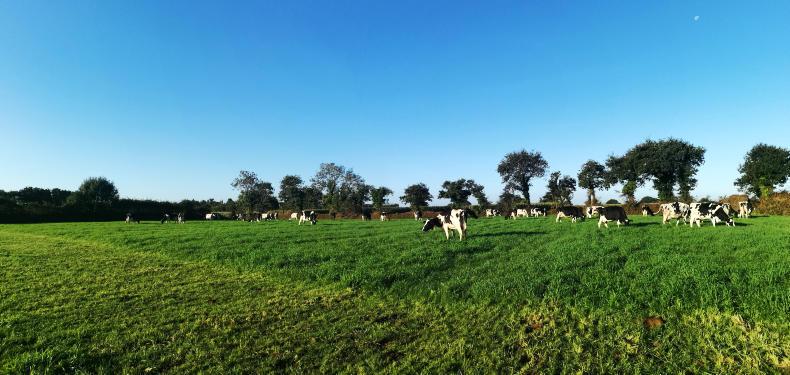
Cows grazing on David Morvan's farm in France.
Plans for the year
My plans for this year include renovating the cubicles and lengthening the feed trough, to improve ease of work and animal welfare conditions.
My priority for the herd is to have feed autonomy, while maintaining the cows’ performance through genetic selection and improvements in fodder quality.
Because of its geographical location, the tip of Brittany has many climatic advantages: mild winters, rainy springs and cool summers. Grass remains the best way to reduce dependence on nitrogen purchases. Another way would be to undercrop my barley or maize, to reduce chemical and phytosanitary inputs.
Generational renewal is problematic, even if the number of enthusiastic new entrants remains high
Societal pressure on the use of phytosanitary products and animal welfare is rising strongly, with French political discourse centering on a greener way to live. In the last three years, I have gone into no-till planting and soil protection through the planting of cover crops to generate organic matter and optimise the carbon storage capacity of my soils.
Red tape
Within 10 years in France, half of the farmers will retire. Generational renewal is problematic, even if the number of enthusiastic new entrants remains high. However, complex red tape and the high level of investment required slow down the younger generation. Furthermore, the population is increasingly mistrusting of the agriculture that feeds it, which discourages a large number of farmers.
That said, in the most recent polls, even if the French no longer trust their agriculture, over 75% of them still support their farmers, and remain very attached to locally-produced food and the provenance, as well as the quality, of produce.
European agriculture has met many challenges, including feeding Europe after the world war of 1945. It will meet many more with equal success, to always produce more with less, but better.
“A path without obstacle probably leads nowhere” - Alex Martial.
Read more
Farmer Writes: weather makes a mockery of calendar farming, again
Farmer Writes: storm pales in comparison to fires in Australia
My name is David Morvan. I am 39 years old, a dairy farmer and married with three kids. My father and grand-father before me were also farmers, and I started farming 11 years ago in the Western Finistere point of Brittany, in a community of 140,000 people at the edge of the large town of Brest (210,000 people).
Before that, I worked for eight years as a technician in a milk testing lab and as a milk production and farm building advisor.
In the last year, I have been elected to the board of my co-operative. I believe it is very important for farmers to be part of the decision-making process when it comes to the co-operative’s investment. It ensures that you are at the heart of the sector, between producers, processors and customers, to ensure a fair distribution of the value of our work, and a better appreciation of the complexities of each partner.
With the pressure on land availability from urbanisation, the opportunities to grow are limited
My farm produces 400,000l of milk on 45ha. My co-operative processes it mostly into Emmental cheese and butter. I work on my own, with temporary labour input for holidays and when I need to be away for co-op-related work.
My farm is on the lower end of the average productivity per labour unit. With the pressure on land availability from urbanisation, the opportunities to grow are limited. There are only dairy farms left in our village, being progressively eaten up by the town.
My herd includes 50 Holstein milking cows and 35 heifers, fed on 25ha of grass (English rye grass/white clover), 13ha of silage maize and 7ha of barley. The financial results and economic performance of the business are good, and allow me to consider the future with confidence.

Cows grazing on David Morvan's farm in France.
Plans for the year
My plans for this year include renovating the cubicles and lengthening the feed trough, to improve ease of work and animal welfare conditions.
My priority for the herd is to have feed autonomy, while maintaining the cows’ performance through genetic selection and improvements in fodder quality.
Because of its geographical location, the tip of Brittany has many climatic advantages: mild winters, rainy springs and cool summers. Grass remains the best way to reduce dependence on nitrogen purchases. Another way would be to undercrop my barley or maize, to reduce chemical and phytosanitary inputs.
Generational renewal is problematic, even if the number of enthusiastic new entrants remains high
Societal pressure on the use of phytosanitary products and animal welfare is rising strongly, with French political discourse centering on a greener way to live. In the last three years, I have gone into no-till planting and soil protection through the planting of cover crops to generate organic matter and optimise the carbon storage capacity of my soils.
Red tape
Within 10 years in France, half of the farmers will retire. Generational renewal is problematic, even if the number of enthusiastic new entrants remains high. However, complex red tape and the high level of investment required slow down the younger generation. Furthermore, the population is increasingly mistrusting of the agriculture that feeds it, which discourages a large number of farmers.
That said, in the most recent polls, even if the French no longer trust their agriculture, over 75% of them still support their farmers, and remain very attached to locally-produced food and the provenance, as well as the quality, of produce.
European agriculture has met many challenges, including feeding Europe after the world war of 1945. It will meet many more with equal success, to always produce more with less, but better.
“A path without obstacle probably leads nowhere” - Alex Martial.
Read more
Farmer Writes: weather makes a mockery of calendar farming, again
Farmer Writes: storm pales in comparison to fires in Australia




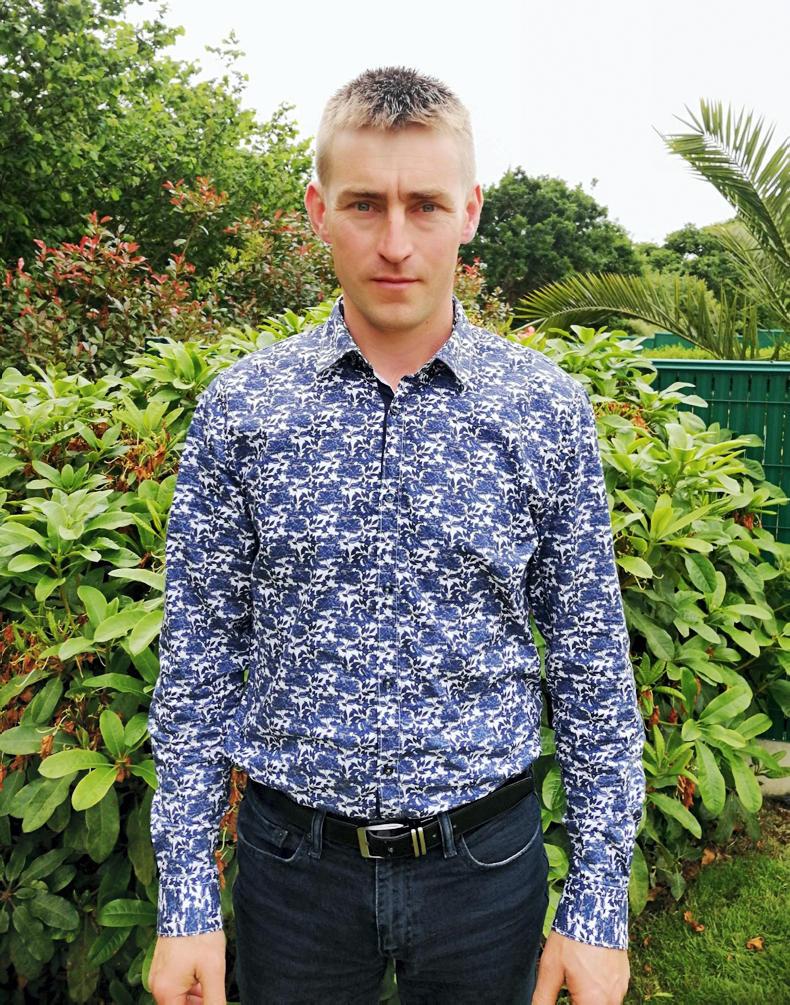

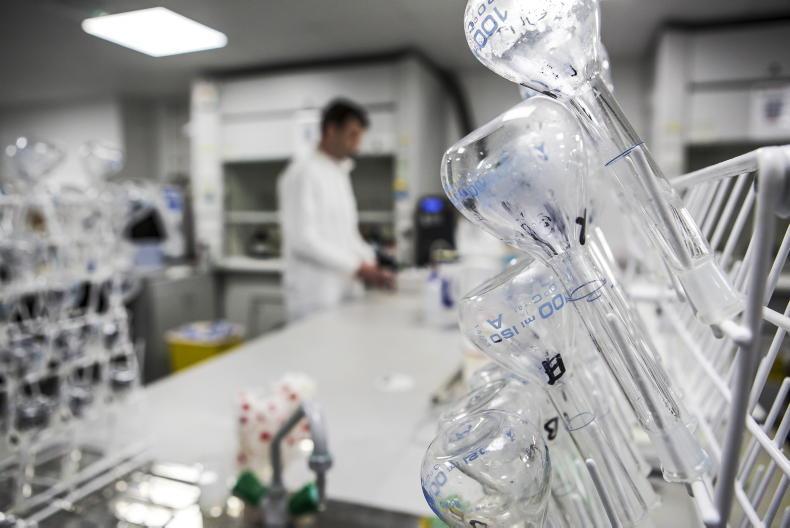
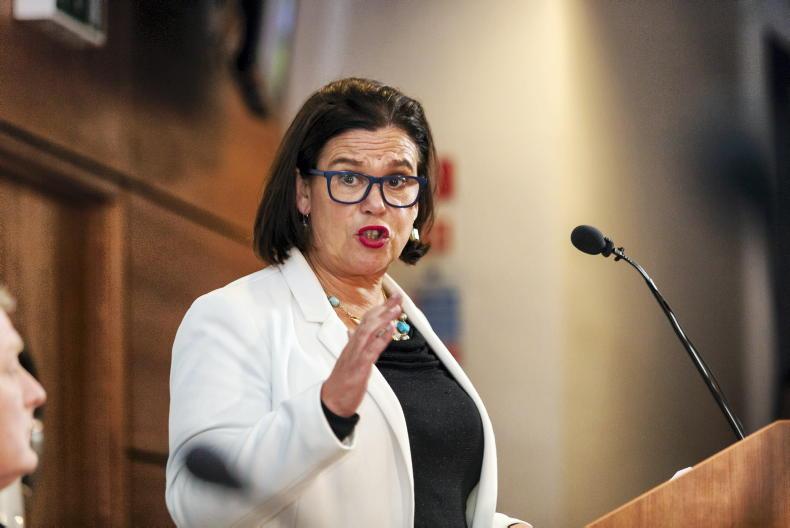
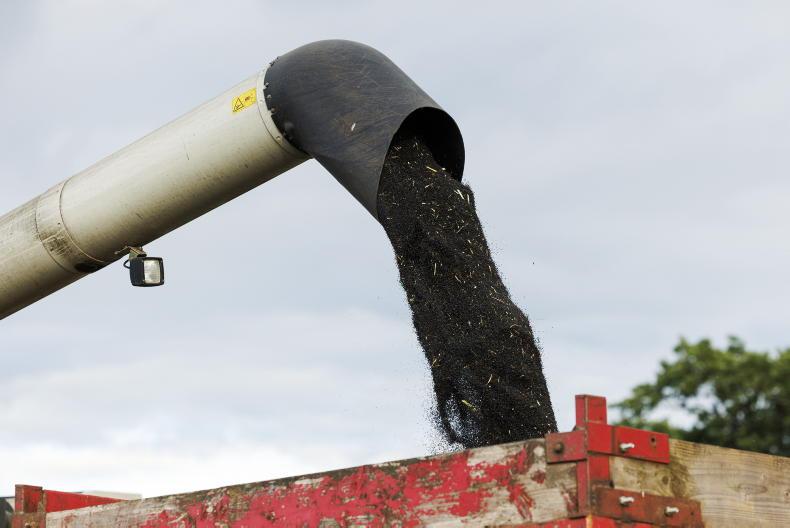
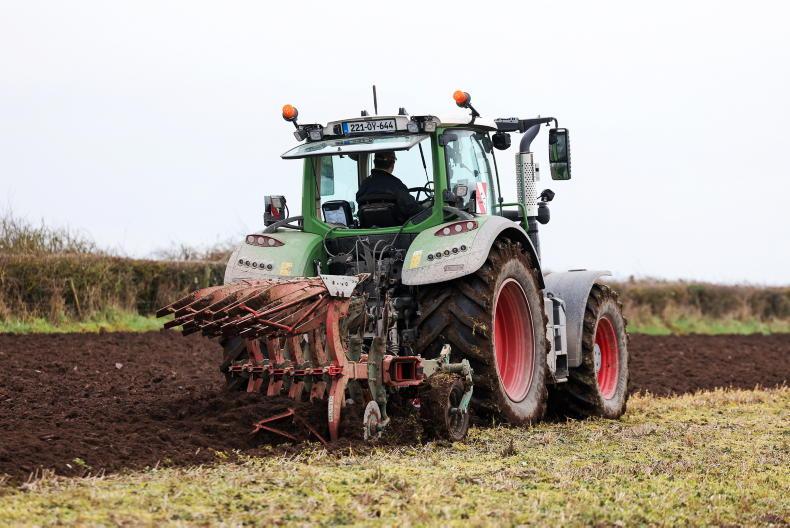
SHARING OPTIONS